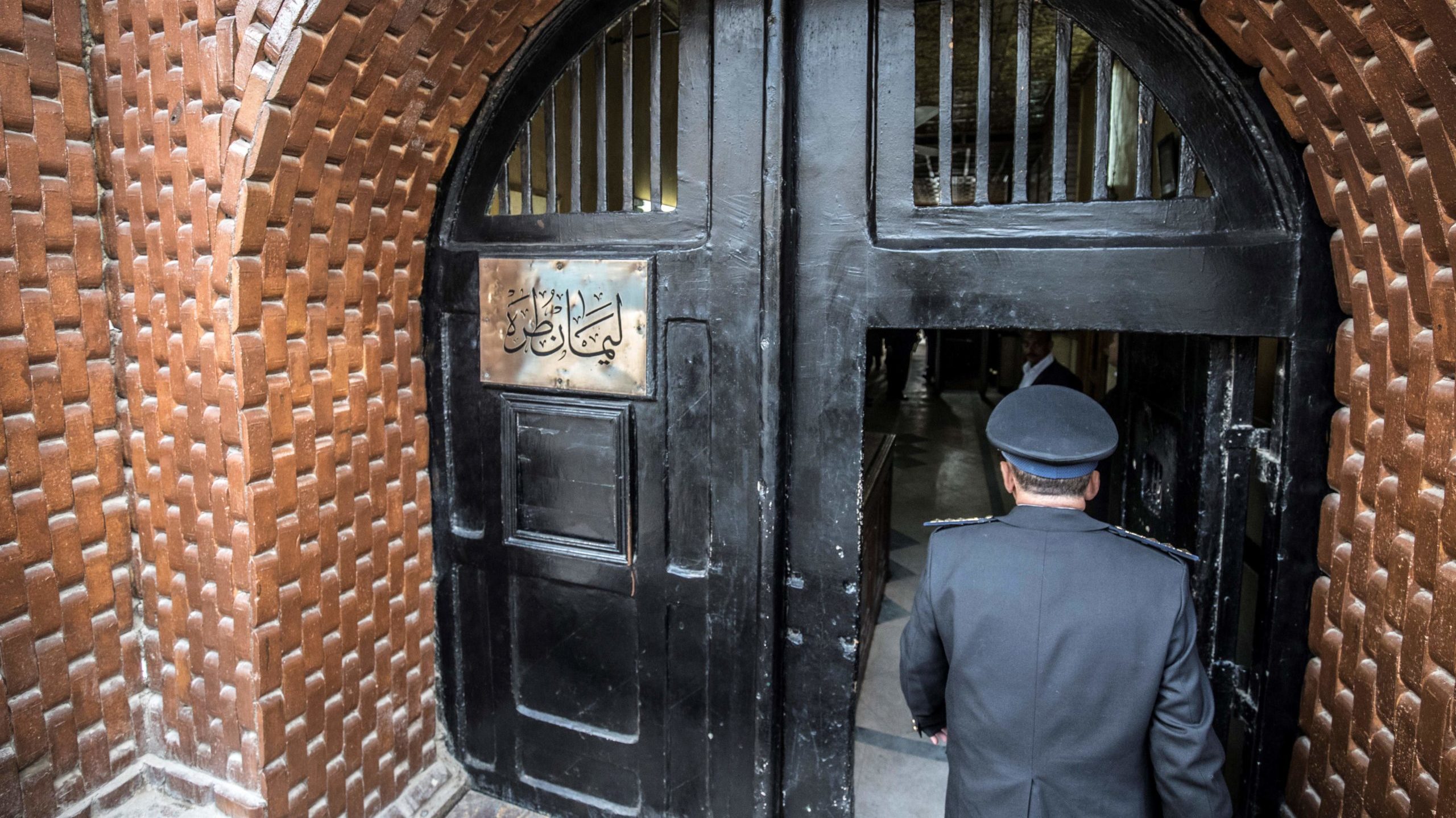Filmmaker Who Directed Video Mocking Egypt’s President Dies in Jail
Regime accused of arresting anyone critical of head of state; NGOs claim there are 65,000 political prisoners
Shady Habash, an Egyptian filmmaker who worked on a music video mocking President Abdel Fattah el-Sisi, has died in prison.
Habash, 24, was incarcerated without trial for more than two years in Cairo’s infamous Tora prison complex. Prosecutors had accused him of “spreading fake news” and “belonging to an illegal organization.”
His family said he died of “health issues not yet specified.” Egyptian authorities did not give the cause of death.
An angry cousin of Habash, who asked that his name be withheld for fear of arrest, disputed the government narrative. “When they say ‘illegal organization’ in Egypt, that mainly refers to the Muslim Brotherhood, which I know he was not a member of,” he told The Media Line.
The Arabic Network for Human Rights Information (ANHRI) said in a Twitter post that Habash died as a result of “negligence and a lack of justice.”
Sky Line International, a Stockholm-based international foundation, called “for an impartial investigation into the circumstances” of the Egyptian artist’s death in prison “amid suspicions of neglect and abuse.”
The foundation also called for “an international campaign to save thousands of detainees in arbitrary and life-threatening conditions [in Egypt].”
Habash’s death once again puts the spotlight on the dismal human rights record under Sisi.
Egypt’s prison population has exploded since Sisi came to power in a military coup in 2013. Some put the number of political prisoners at more than 65,000. Sisi has been ruling with an iron fist, leaving little space for dissent.
WE RECORD, an international human rights platform that collects data and documents violations by interacting with victims, activists and NGOs, accused the Egyptian government of mass arrests of anyone critical of Sisi.
“Since July 3, 2013, Egypt witnessed an unprecedented escalation in violations against citizens, concentrated in its beginning against the members of the Muslim Brotherhood, and then extended to include all other political and intellectual currents that may form the nucleus opposed to the Egyptian regime’s president, Abdel Fattah el-Sisi,” WE RECORD said.
Mohammed Hasanin, an Egyptian living Istanbul, Turkey, told The Media Line that he fled his country in 2015 because he had spoken up against Sisi’s crackdown on dissidents.
“If you say anything that is slightly critical of the government and Sisi, you will be arrested. I couldn’t take it; I had to leave,” Hasanin said.
Gamal Oshari, an Egyptian political analyst who lives in New Jersey, told The Media Line that Sisi had “no tolerance” for those who opposed him.
“He made sure to eliminate all opposition by arresting them; he instills fear in the hearts of people so no one can stand up to him,” said Oshari.
In March, when the coronavirus pandemic hit Egypt, authorities suspended prison visits and the work of the courts, concerned that the virus would spread into the penal system.
“Conditions inside prisons are awful. Cells are full of people,” said Hasanin.
Alaa Abdel al-Fattah, a well-known activist, has been on a hunger strike since last month, to protest his arrest and poor conditions.
Cairo came under international criticism after former president Mohamed Morsi died while standing trial last June.
In November, a group of independent UN human rights experts found “credible evidence” that inadequate prison conditions under which the former president was held may have led “directly” to his death, and that thousands of other detainees might be at “severe risk.”
Earlier this year, US citizen Mustafa Kassem, 54, died in prison of heart failure. The Egyptian-born auto parts dealer from Long Island, New York, had gone on a hunger strike to protest his imprisonment.
Sisi enjoys the support of US President Donald Trump for his anti-Islamist policies.
Meanwhile, the Egyptian military announced a major operation in the Sinai Peninsula following a deadly attack that killed 10 of its soldiers. The Islamic State organization claimed responsibility for the attack.
The Egyptian military has been waging a campaign against an insurgency in the restive north of Sinai since 2013, following the ouster of Islamist president Morsi.


